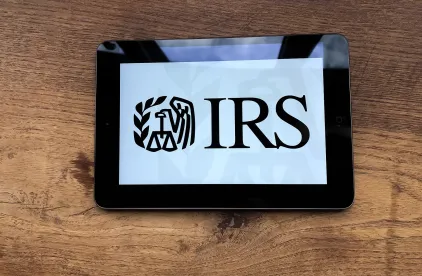In 2010, the Tax Relief Unemployment Insurance Reauthorization and Job Creation Act of 2010 for the first time permitted the estate of a decedent who dies leaving a spouse to elect to transfer the decedent’s unused exclusion amount (“DSUE”) to the surviving spouse. Prior to 2010, estate planners and their clients retitled assets so both spouses owned at least enough to completely use the spouse’s individual estate tax exemption. With portability, the combined estate tax exemption of both spouses is available to make lifetime gifts and transfers at death regardless how assets were titled between spouses. To obtain the benefits of portability, Code Section §2010(c) originally required the election to be made on a timely filed estate tax return (9 months) plus any extensions. Thus, as originally enacted, a return was required to be filed within 9 months of the decedent’s death, or within 15 months if a 6-month extension was obtained. This time restriction applied to every estate, whether or not it was required to file a return.
In 2017, the IRS published Rev. Proc. 2017-34, which extended the time for filing a return to elect portability from 15 months to 2 years after a decedent’s death. However, Rev. Proc. 2017-34 applied only to estates that were not required to file a Form 706 under IRC §6018(a).
Even with this simplified method of electing portability up to 2 years from a decedent’s death, the IRS continued to receive numerous letters ruling requests seeking relief where the estate was not required to file a return. In response, the IRS published Rev. Proc. 2022-32, which applies to estates that are not required to file a return and extends the deadline to 5 years from the decedent’s death. To make the election, the executor must file a “complete and properly prepared Form 706” within the extended 5-year period.
Finally, Rev. Proc 2022-32 provides that the extension granted by this revenue procedure is null and void if it is subsequently determined that the estate was, in fact, required to file an estate tax return.
Executors and their counsel should be aware of the benefits of this extended time but should also exercise caution, especially when an estate does not appear to be required to file a return partly because assets and gifts have been discounted. Adjustments to the value of lifetime gifts and/or estate assets could change the filing requirement of the estate and negate the benefits of Rev. Proc. 2022-32 to elect portability.




 />i
/>i

